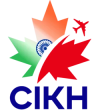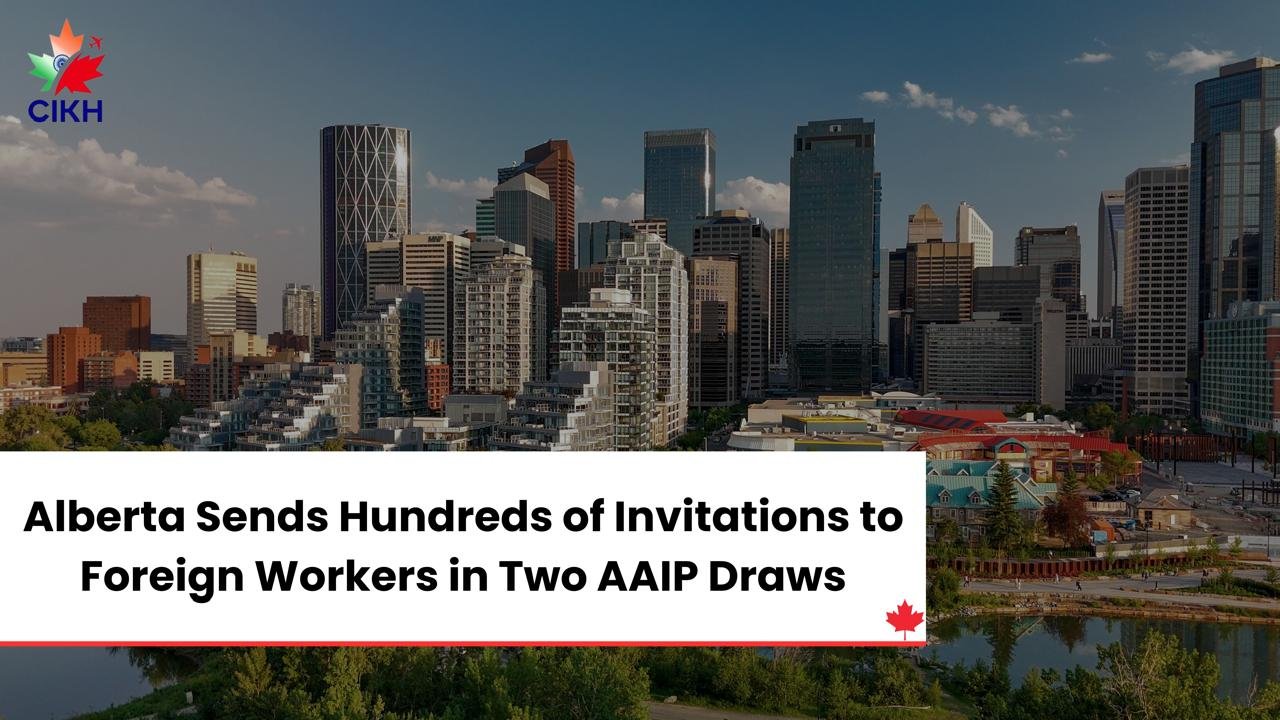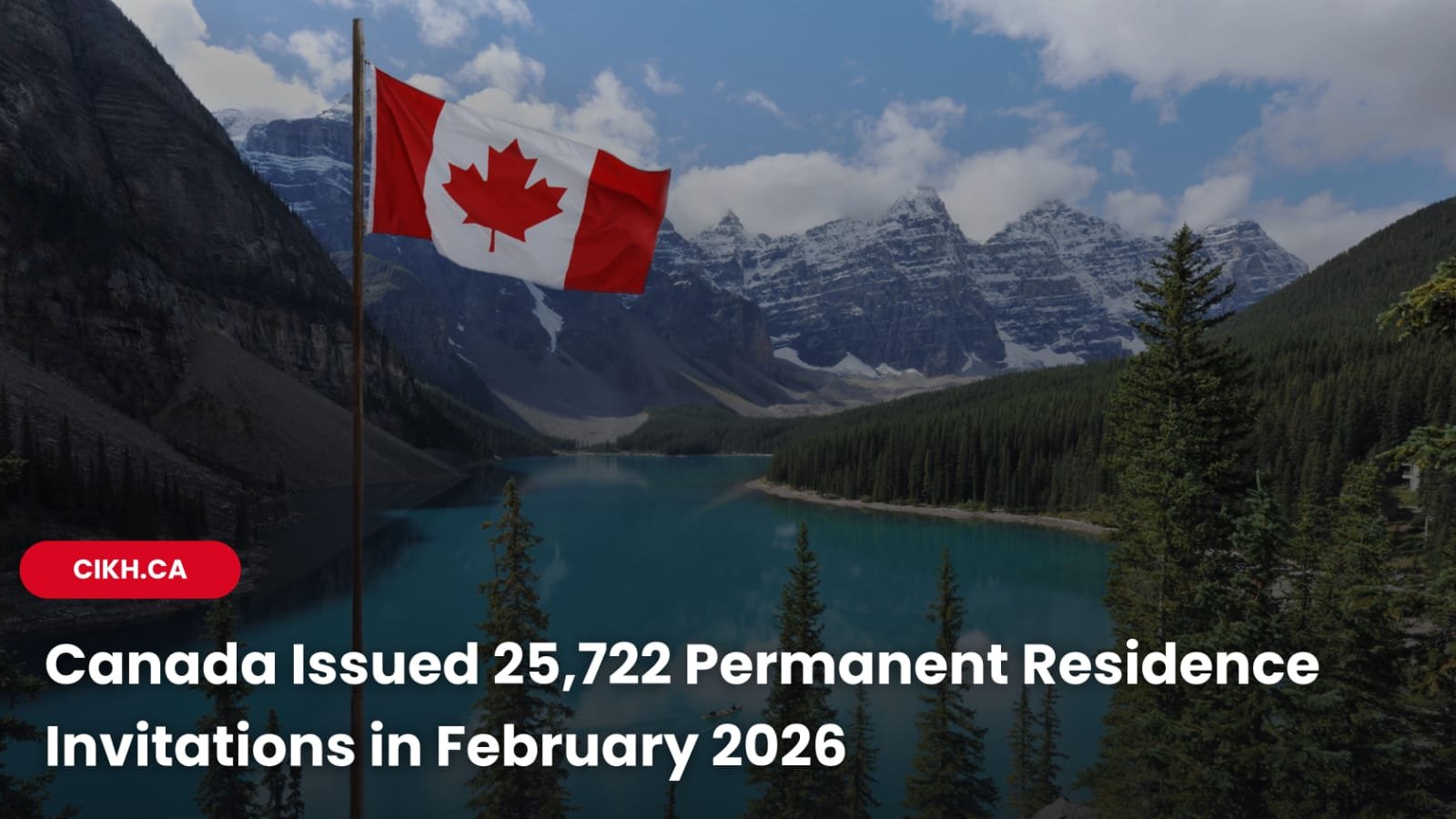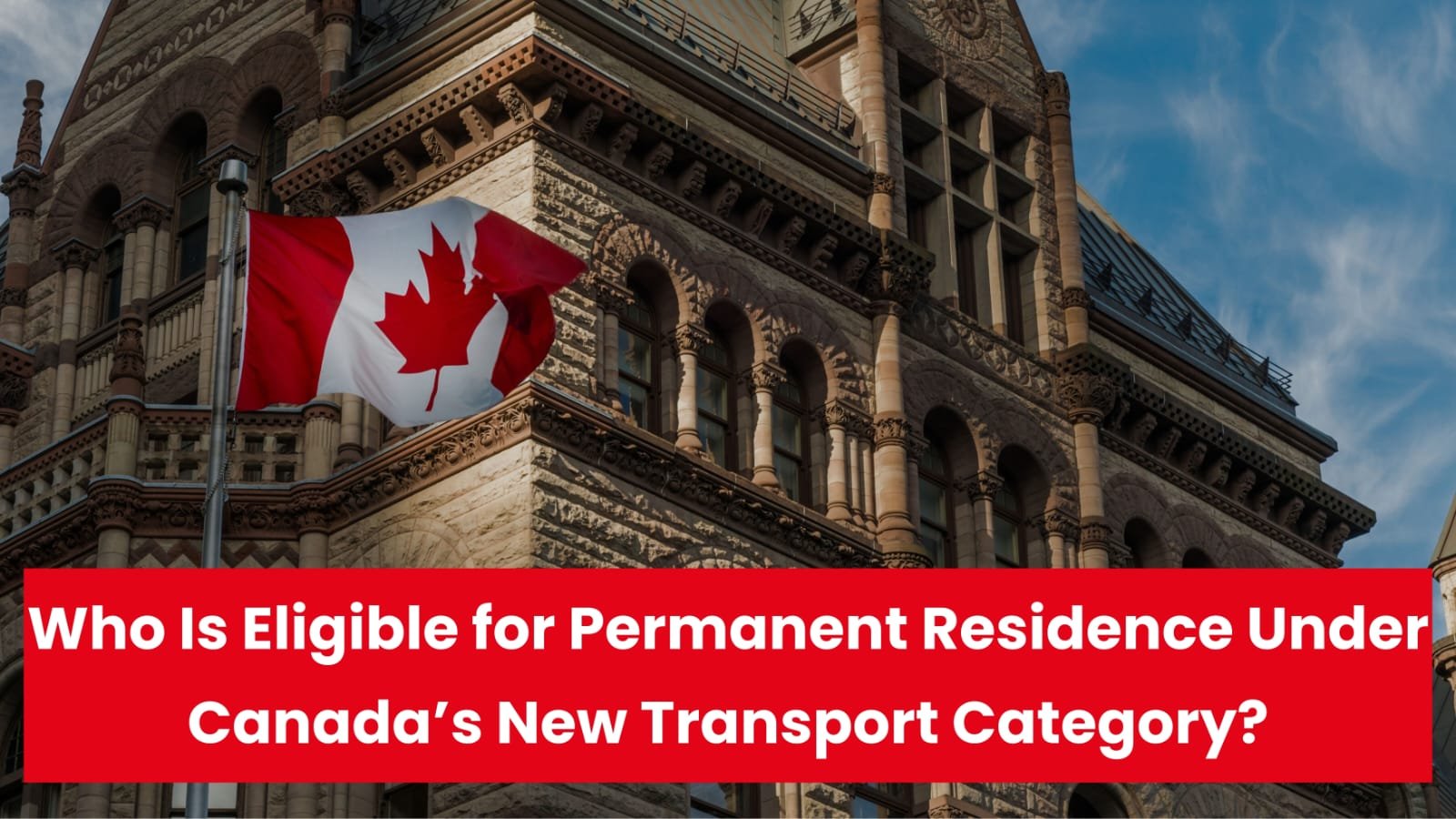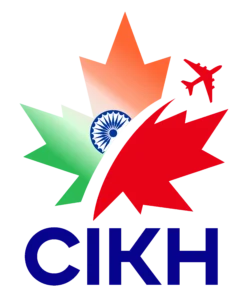The closure of British Columbia’s Provincial Nominee Program (BC PNP) graduate streams—along with the indefinite suspension of three new ones planned for 2025—has disrupted the permanent residency (PR) plans of many international graduates in BC.
Making matters tougher, the federal government slashed PNP nomination allocations by 50%, leaving many scrambling for alternative pathways to stay in Canada permanently.
But there’s still hope. From Express Entry to regional immigration pilots, there are still strong, viable routes to Canadian PR in 2025.
Book Your Consultation for Canadian Immigration
Why Did the BC PNP Graduate Streams Shut Down?
BC’s PNP was once a prime route for international graduates. However, major changes in 2024–2025 have shifted the landscape:
- Stream Closures:
- International Graduate Stream closed on November 26, 2024.
- International Post-Graduate (IPG) Stream closed on January 7, 2025.
- Suspension of New Streams:
In March 2024, BC announced three new education-level-specific streams (Bachelor’s, Master’s, and Doctorate) to launch in January 2025. These were suspended indefinitely on April 14, 2025, due to reduced federal quotas. - Waitlisted Applications:
Applications for the IPG stream submitted after September 1, 2024 are now on a waitlist with no clear timeline. - Reduced Nominations:
BC’s annual PNP quota dropped from 8,000 (2024) to 4,000 (2025)—with a backlog of over 5,200 applications already in the system. As a result, BC has limited new nominations to essential sectors like healthcare.
This shift reflects Canada’s broader effort to align immigration with labor market demands. Fortunately, graduates still have strong alternative PR pathways.
Top Permanent Residency Pathways for International Graduates in 2025
Here are six PR options international graduates in BC can explore:
1. Canadian Experience Class (CEC) – Express Entry
Perfect for those with Canadian work experience and strong language skills.
Eligibility:
- Work: 1 year of skilled Canadian work (NOC TEER 0, 1, 2, or 3) in the last 3 years.
- Language: CLB 7 for TEER 0/1; CLB 5 for TEER 2/3.
- Intent: Must reside outside Quebec.
How It Works:
- Get a Post-Graduation Work Permit (PGWP) and gain experience.
- Create an Express Entry profile with education, work history, and language scores.
- Track your CRS score (recent cut-offs: 521–542).
- Receive an Invitation to Apply (ITA) and submit your PR application.
Category-Based Draws: Lower CRS? You may qualify under these categories:
- French Language: CLB 7 in all skills.
- In-Demand Jobs: 6+ months in agriculture, education, healthcare, STEM, or trades.
Processing Time: ~6 months after ITA.
Tips:
- Boost your CRS score by improving language results or gaining more experience.
- Follow IRCC’s draw trends and categories.
2. BC PNP – Health Authority Stream
The only open BC PNP stream in 2025, targeting healthcare professionals.
Eligibility:
- Full-time, permanent offer from a BC public health authority.
- Jobs include:
- Any NOC starting with “3” (e.g., nurses, technicians).
- Social workers (41300), counselors (41301), community workers (42201).
How It Works:
- Secure a job with a BC health authority.
- Apply through BCPNP Online (no registration needed).
- Use your provincial nomination to apply for PR via IRCC.
Processing Time:
- Nomination: 3–6 months
- PR: 6–12 months
Tips:
- Connect with BC health employers early.
- Ensure they’re supportive of your application.
3. Rural Community Immigration Pilot (RCIP)
Great for those open to living in smaller BC communities.
Participating BC Regions:
- West Kootenay
- North Okanagan Shuswap
- Peace Liard
Eligibility:
- Job offer from a local designated employer.
- Canadian high school diploma or equivalent (via ECA).
- CLB 4–6, depending on job type.
- 1 year of relevant experience in 3 years (waived for local grads).
Application Steps:
- Secure a local job.
- Apply with community endorsement.
- Submit PR application via IRCC.
Processing Time: 12–18 months
Tips:
- Local grads may skip work experience—check community criteria.
4. Francophone Community Immigration Pilot (FCIP)
Designed for French-speaking grads looking to settle in designated communities.
BC Community: Kelowna
Eligibility:
- Job offer in Kelowna from a designated employer.
- CLB 5 in French (speaking, reading, writing, listening).
- Canadian high school diploma or equivalent.
Application Steps:
- Land a job in Kelowna.
- Apply with a community endorsement.
- Submit PR application to IRCC.
Processing Time: 12–18 months
Tips:
- Improve your French to CLB 5+.
- Network with local employers in Kelowna.
5. Other Provincial Nominee Programs (PNPs)
If BC doesn’t work, other provinces offer excellent graduate-focused PNPs.
Examples:
- Ontario (OINP):
International Student Stream – Requires job offer in TEER 0–3 roles. - Alberta (AAIP):
Opportunity Stream – For grads with Alberta job offers and work experience. - Saskatchewan (SINP):
Graduate Entrepreneur Stream – Start a business in Saskatchewan. - Manitoba (MPNP):
Career Employment Pathway – Job offer in an in-demand field.
General Criteria:
- Canadian DLI graduation.
- Job offer (often required).
- Some work experience.
- CLB 4–7, depending on stream.
Tips:
- Move to your target province and build ties.
- Research PNP streams and use online tools like IRCC’s eligibility checker.
6. Atlantic Immigration Program (AIP)
A fast, flexible option for graduates moving to Atlantic Canada.
Eligible Provinces:
New Brunswick, Newfoundland and Labrador, Nova Scotia, Prince Edward Island
Eligibility:
- Full-time job offer from a designated employer.
- No work experience needed if you graduated in the past 24 months.
- CLB 4–5 (depending on role).
How It Works:
- Secure a job with a designated employer.
- Obtain a provincial endorsement.
- Apply for PR and, optionally, a work permit.
Processing Time: 12–18 months
Tips:
- Graduates from 2+ year programs are work-exempt if applying within 2 years.
- Search designated employers on provincial websites.
Why Were the BC PNP Streams Suspended?
Federal changes triggered BC’s program pause:
- Reduced Federal Allocations:
PNP admissions dropped from 110,000 (2024) to 55,000 (2025). - BC’s Cut:
Nomination quota slashed to 4,000—already exceeded by 5,200 pending applications. - Streamlining Strategy:
BC is using its limited nominations for backlogged files and critical sectors (healthcare, entrepreneurs, skilled workers).
Choosing the Right PR Pathway
When deciding your next steps, consider:
- Location: Want to stay in BC or move elsewhere?
- Occupation: Healthcare, trades, or STEM?
- Language Skills: French can unlock special draws.
- Work Experience: Do you already have 1 year?
- Timeline: Express Entry is faster, but PNPs/pilots may be more accessible.
Your Next Steps
- Check Eligibility: Use tools like CanadaVisa+ or IRCC’s checker.
- Target Employers: Focus on healthcare, rural, or designated companies.
- Budget Wisely: Plan for fees and third-party costs.
- Get Advice: Consider hiring an RCIC for complex cases.
Final Thoughts: Your PR Dream Is Still Alive
Although BC’s graduate PNP options are paused, plenty of solid alternatives remain. Whether through Express Entry, the Health Authority Stream, or another province’s PNP, your pathway to Canadian permanent residency is still possible—with the right planning.
Start early, stay informed, and build your profile around in-demand sectors.
